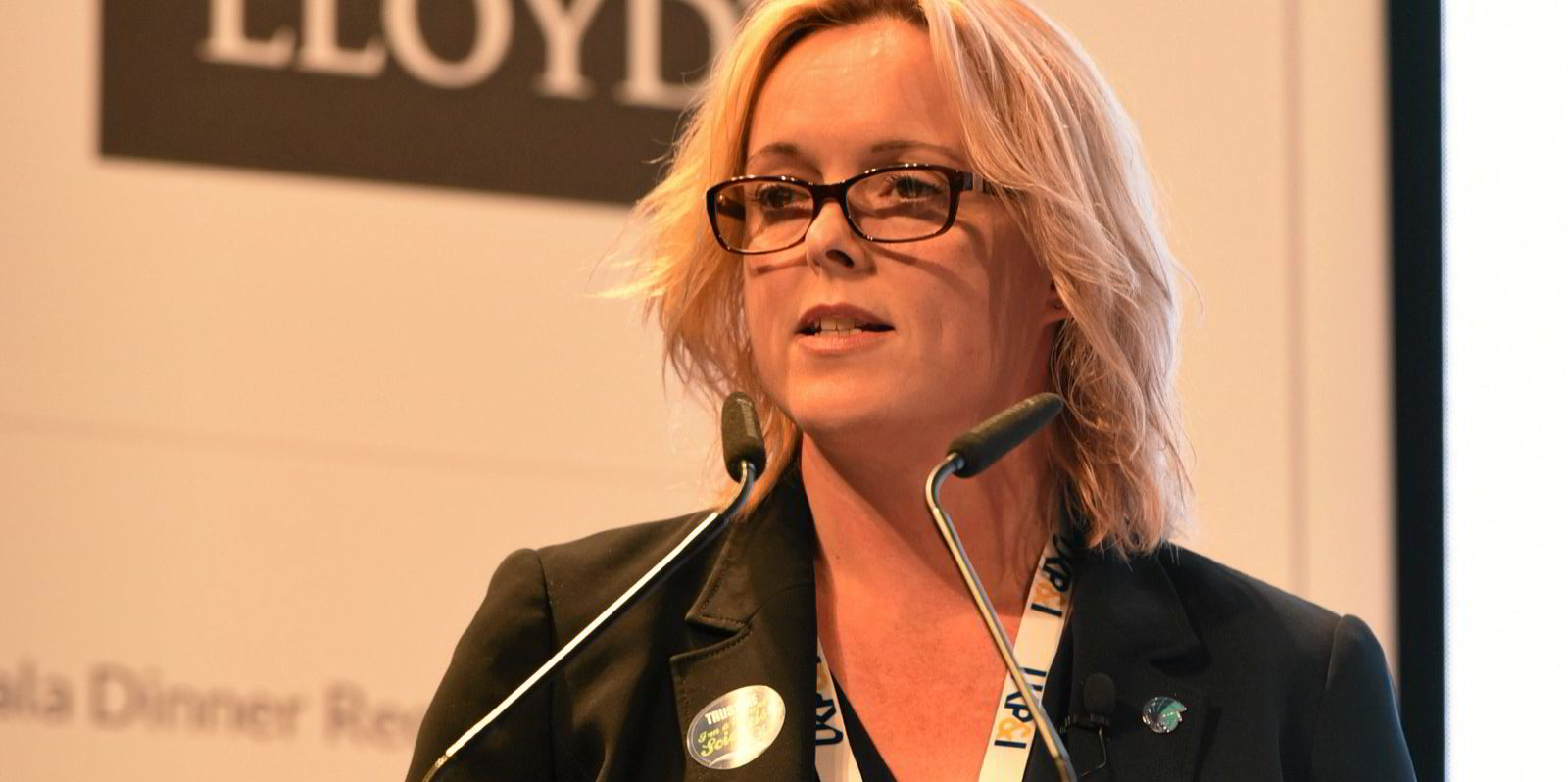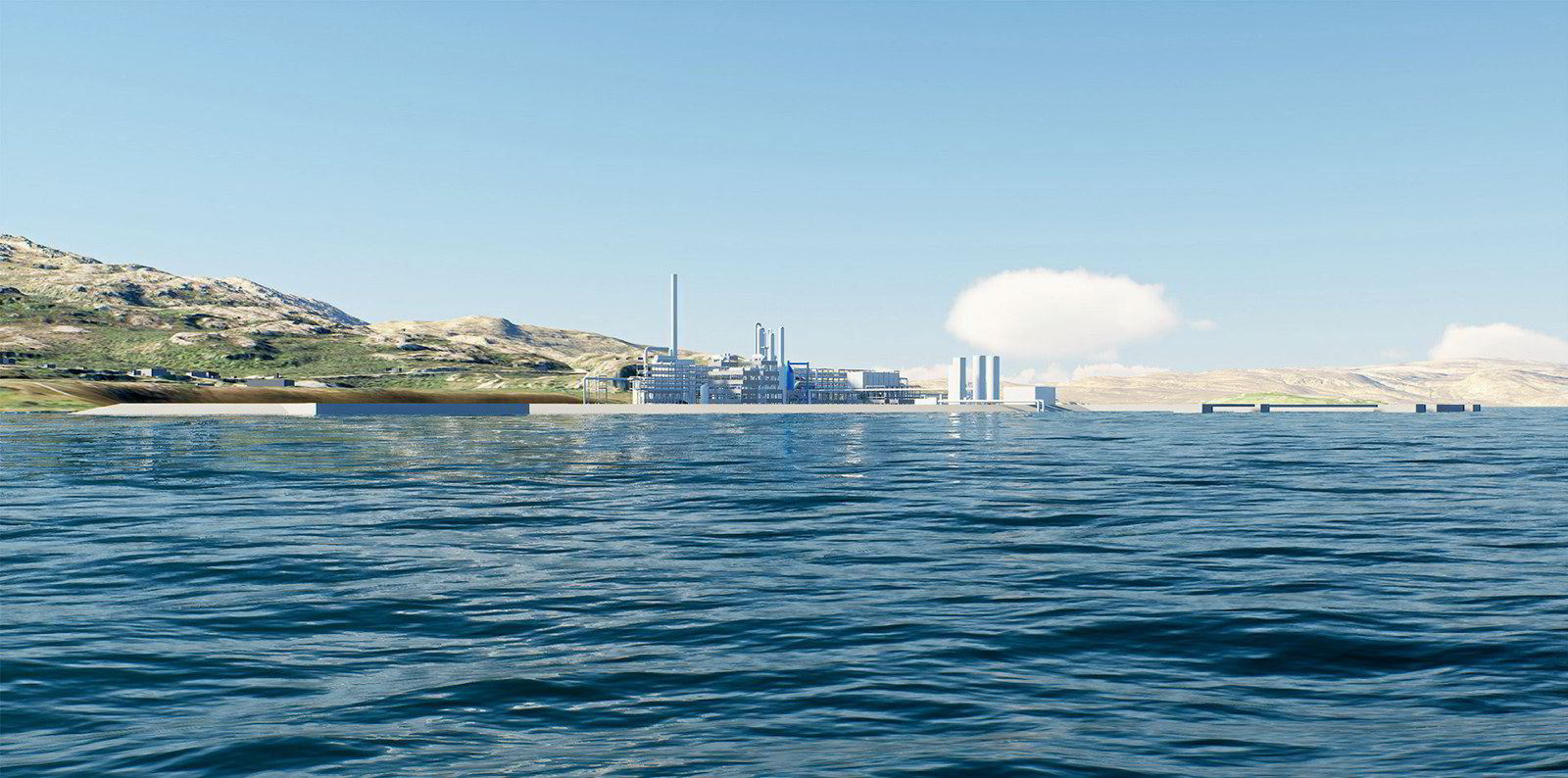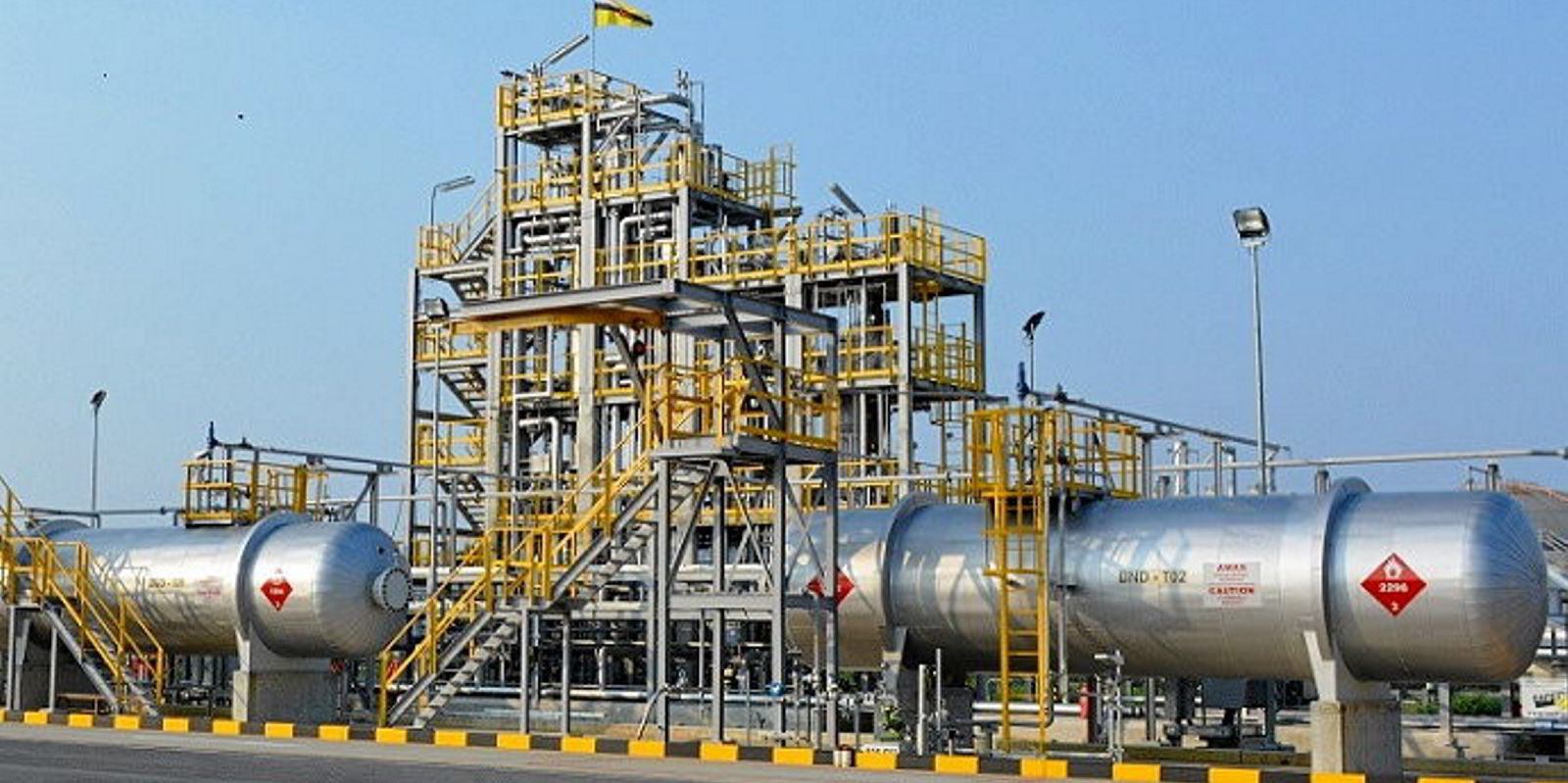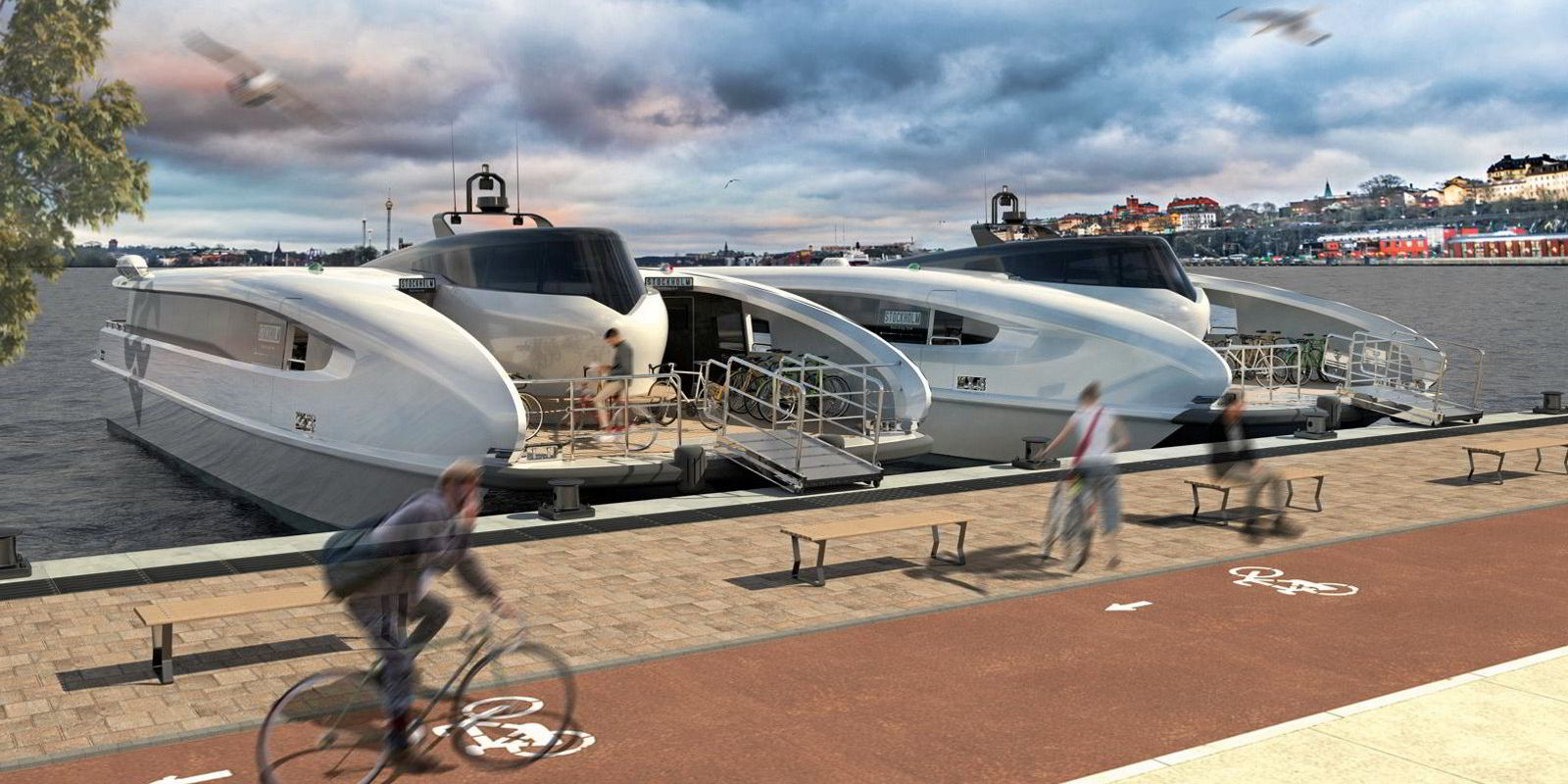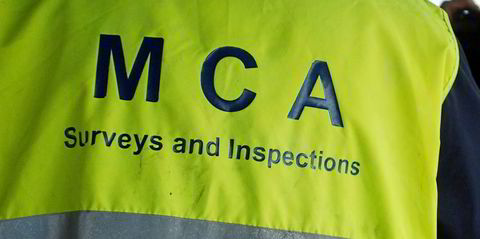Shipping gets a mention in the UK’s Hydrogen Plan for £4bn ($5.5bn) of investment in the fuel by 2030, which builds on a wider 10-point £12bn strategy for a green industrial revolution that the government launched last year.
But it is literally one mention in the announcement, with the biggest single investment of up to £20m in the Clean Maritime Demonstration Programme to develop green shipping technology already the only major element in last November’s plans.
Last year, the UK government also said it was running hydrogen ferry trials in Orkney and was due to launch a hydrogen refuelling port in Teesside.
This time around, it mentions £3m to support the development of a Hydrogen Transport Hub in Tees Valley and £4.8m — subject to establishing a business case — to support the development of a hydrogen hub in Holyhead, Wales, that may have shipping implications.
The amounts can be compared with up to £120m this year through the Zero Emission Bus Regional Areas (ZEBRA) scheme towards 4,000 new zero-emission buses, either hydrogen or battery electric, and the infrastructure needed to support them.
UK business and energy secretary Kwasi Kwarteng said “today marks the start of the UK’s hydrogen revolution”, as he unveiled an ambition to create a 5-GW capacity hydrogen industry.
He added that government investment would de-risk early projects to unlock £4bn of private sector co-investment this decade in pursuit of making 20% to 35% of the UK’s energy consumption hydrogen-based by 2050.
The next few years are seen building up hydrogen production and storage with schemes to trial its use in trucks and buses. Use by shipping is only envisaged to be prevalent by the mid-2030s after some tests in the latter part of this decade.
Maritime UK, representing the British shipping industry, said the plans were a step in the right direction but would not go far enough.

“More co-investment in the industry will be needed for maritime — and by extension, the country — to reach net zero,” chair Sarah Kenny said.
“This is why we are calling for £1bn to kick-start a world-leading decarbonisation programme as part of the government’s upcoming spending review this autumn.”
Hydrogen alone will not decarbonise shipping but Kenny added that shore power based on the green energy “could cut emissions in ports today and charge tomorrow’s Teslas of the seas, but we need £200m to build a viable network across the coast”.
The full Hydrogen Strategy report has a little more detail on shipping in its 121 pages, quoting analysis commissioned by the Department for Transport (DfT) estimating that by 2050 there could be 75 to 95 terawatt hours of demand for hydrogen-based fuels. That would be principally in the form of ammonia from UK domestic and international shipping.
The strategy added that the government is exploring setting up a UK Shipping Office for Reducing Emissions, called UK-SHORE, within the DfT that would build on the maritime demonstration competition.
The report also noted that HySeas III is the final development stage of the Orkney trials to deliver a design for what is hoped to “be the world’s first seagoing vehicle and passenger ferry to employ carbon-free hydrogen as its energy source”. It would use hydrogen produced on the islands from renewable energy.
The HySeas project is supported by £10.8m in funding, of which £8m was provided by the European Union Horizon 2020 programme.
In the wider strategy, a public consultation has been launched on how the hydrogen business model will be built. It is likely to be similar to the offshore wind Contracts for Difference scheme, which incentivised investment in renewable energy.
The design of a £240m Net Zero Hydrogen Fund is also being consulted on to support the commercial deployment of low-carbon hydrogen production plants across the UK.
Alan Whitehead, Labour's shadow minister for energy and the green new deal, said hydrogen had a "significant role" to play in decarbonising the economy. But he added that the “belated publication of this hydrogen strategy needs to be followed up with urgent action”.
Environmentalists warned that too much focus was on blue rather than green hydrogen.
Jess Ralston, an analyst at the Energy and Climate Intelligence Unit, told the BBC that there was a risk that committing too heavily to blue hydrogen would keep the UK locked into fossil fuel-based technology.
